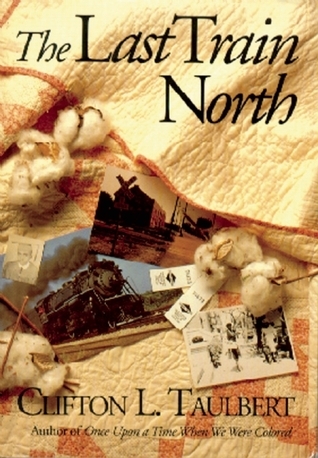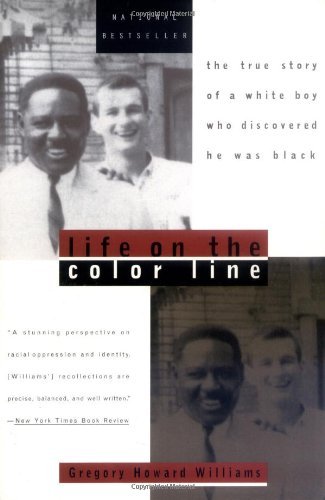
The Last Train North
Book Description
A train races against time, its destination a distant promise wrapped in heartache and hope. Amidst the clattering wheels and whispers of the past, a gripping journey unfolds, intertwining the lives of strangers bound by their dreams and burdens. Secrets threaten to derail their ambitions as they navigate fragile relationships and endure the pain of loss. Each mile brings them closer to salvation, yet the weight of their choices looms large. Will they find redemption before the last whistle blows? In the end, which will prevail: the ties that bind them or the dreams that drive them?
Quick Book Summary
The Last Train North is Clifton L. Taulbert’s evocative memoir chronicling his journey from the segregated Mississippi Delta to the promise of the North during the civil rights era. Framed by a literal and metaphorical train journey, Taulbert weaves together personal recollections with the broader tapestry of Black migration, longing for freedom, and the complexities of leaving home. He explores the pain of separation, the weight of family and community ties, and the hope that propels individuals toward uncertain futures. Throughout, Taulbert confronts the realities of racism and injustice, yet finds solace in collective perseverance and the memories of those who shaped his path. The memoir ultimately reflects on what it means to move forward while carrying one’s heritage, and questions whether the dream of redemption and belonging can be realized along the journey north.
Summary of Key Ideas
Table of Contents
Migration and the Pursuit of Freedom
Clifton L. Taulbert’s memoir centers on his personal experience of leaving the Mississippi Delta for the North, a journey emblematic of the wider African American migration in the twentieth century. The narrative is structured around his train journey, which carries both literal and symbolic significance: it is a passage away from ingrained oppression toward the possibility of freedom and opportunity. Through candid storytelling, Taulbert describes the powerful emotions bound to leaving behind all that is familiar, including family bonds, community rituals, and the physical landscape of his childhood.
The Pain of Separation and Loss
The memoir deeply considers loss and separation as defining aspects of migration. Taulbert acknowledges not only the heartbreak of departing from loved ones but also the ways in which absence shapes identity and aspiration. Each mile of the train journey is steeped in reflection; memories of home contrast with the hope and anxiety of venturing into the unknown. The pain of losing one’s immediate environment is juxtaposed with the anticipation of building a new life elsewhere, making the journey north both a personal and collective reckoning.
Racism, Injustice, and Resilience
Racism and social injustice permeate Taulbert’s story. He recounts the daily indignities and dangers encountered in the Jim Crow South, from rigid segregation to the ever-present threat of violence. Taulbert’s family and neighbors display tremendous resilience, forming support networks and quietly resisting dehumanizing systems. The train becomes a space of tension, carrying both the scars of past traumas and the aspirations for a more just existence. The realities of discrimination shape the terms of Taulbert’s journey, influencing how he views both the past and the possibilities ahead.
Family, Community, and Cultural Heritage
At the heart of the memoir is the importance of family, community, and cultural heritage. Taulbert pays homage to the elders, storytellers, and everyday heroes who instilled in him values of dignity, courage, and hope. He explores how traditions, communal bonds, and oral histories provide both solace and strength, even amid uncertainty. As Taulbert travels north, he reflects on the enduring impact of his upbringing, recognizing the way these roots anchor him despite physical displacement.
Hope, Dreams, and Personal Transformation
Ultimately, The Last Train North is about hope and personal transformation. Taulbert faces the challenges of integration into the Northern world and grapples with maintaining authenticity in new surroundings. The memoir closes with contemplation on redemption – for both himself and the generations before him. The journey is ongoing, marked by setbacks and victories, but the drive toward self-fulfillment and communal progress endures. The north is not just a place, but a symbol for the dreams that sustain and transform individuals and communities alike.
Download This Summary
Get a free PDF of this summary instantly — no email required.





